Rev’s Transcript Library
Explore our extensive collection of free transcripts from political figures and public events. Journalists, students, researchers, and the general public can explore transcripts of speeches, debates, congressional hearings, press conferences, interviews, podcasts, and more.
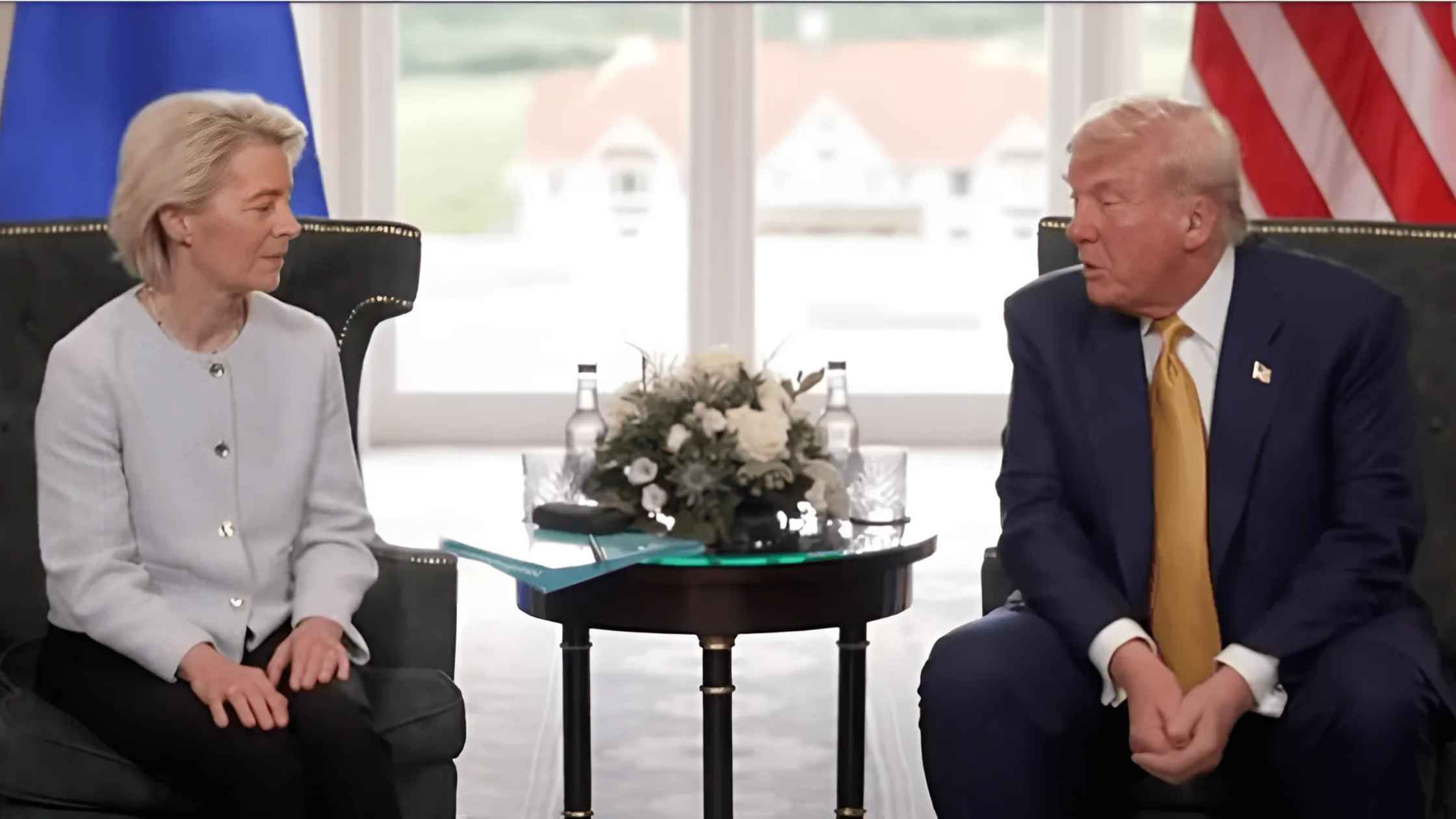
Trump Takes Questions in Surprise Meeting in Scotland
Donald Trump meets with the President of the European Commission Ursula von der Leyen in Scotland. Read the transcript there.
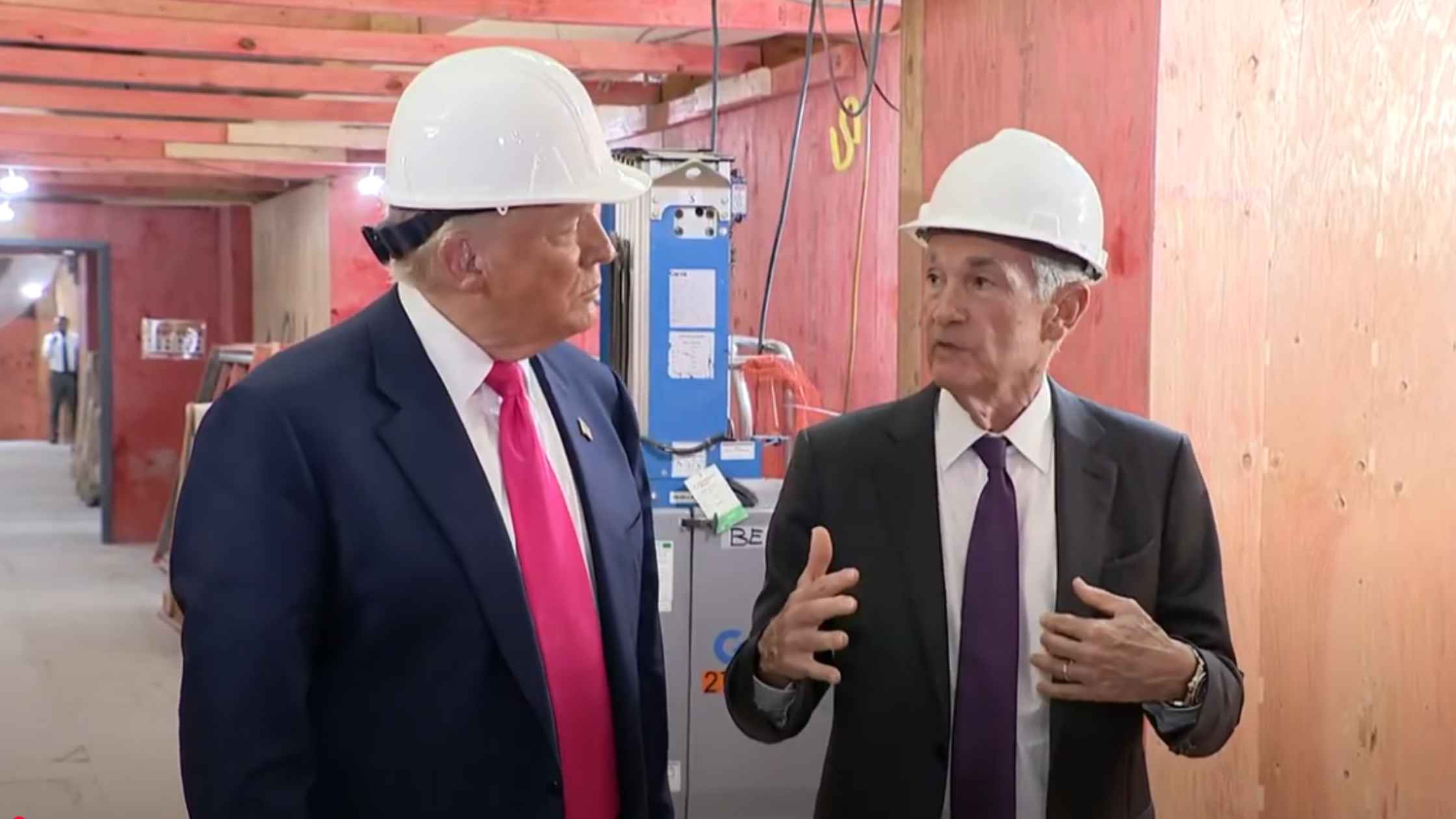
Trump Visits Federal Reserve
Donald Trump visits the Federal Reserve and speaks with Jerome Powell and reporters. Read the transcript here.
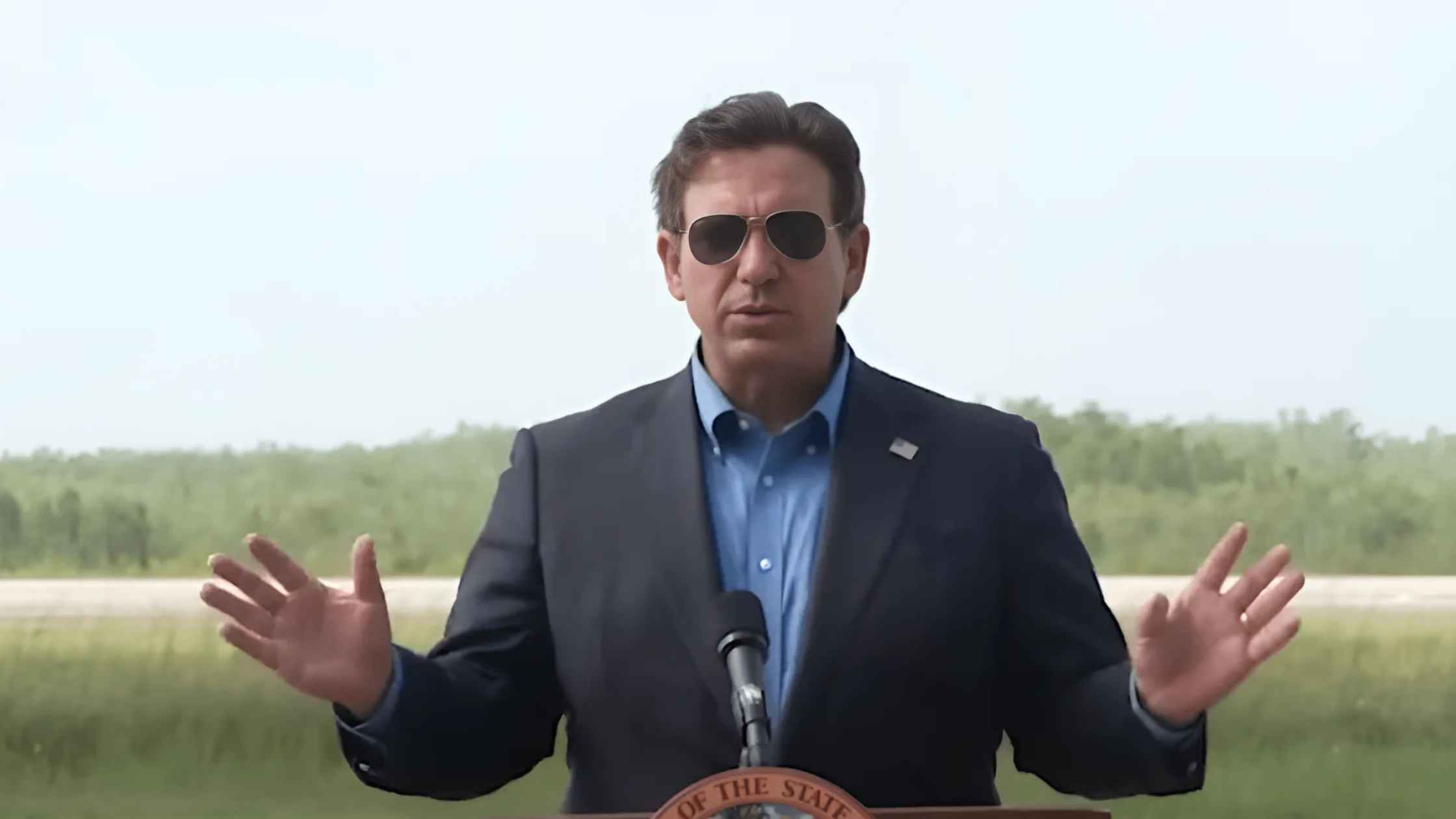
Ron DeSantis Holds a Press Briefing at "Alligator Alcatraz"
Florida Governor Ron DeSantis takes questions from reporters at Alligator Alcatraz. Read the transcript here.
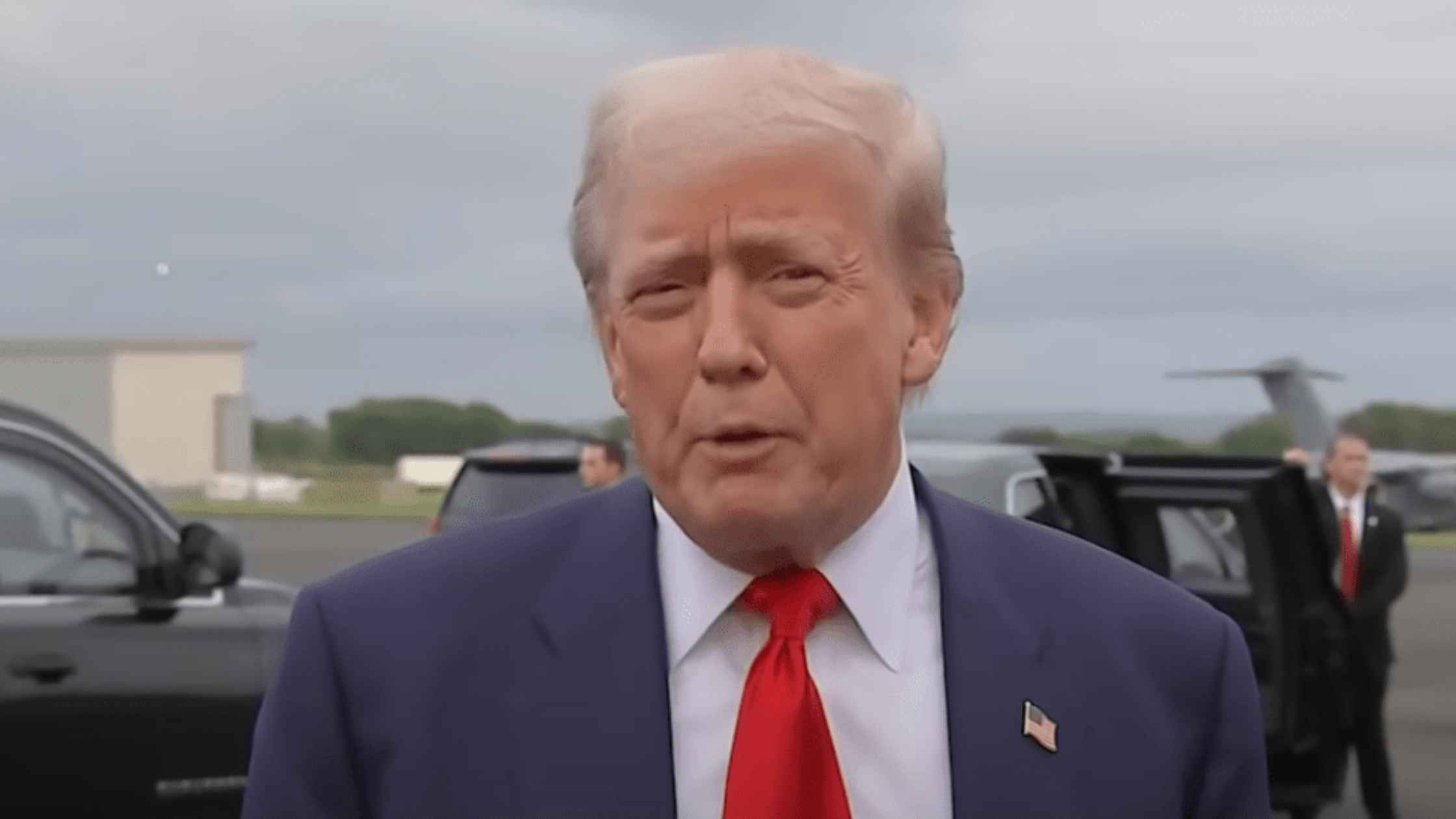
Trump Lands in Scotland
Donald Trump speaks to reporters upon landing in Glasgow, Scotland. Read the transcript here.
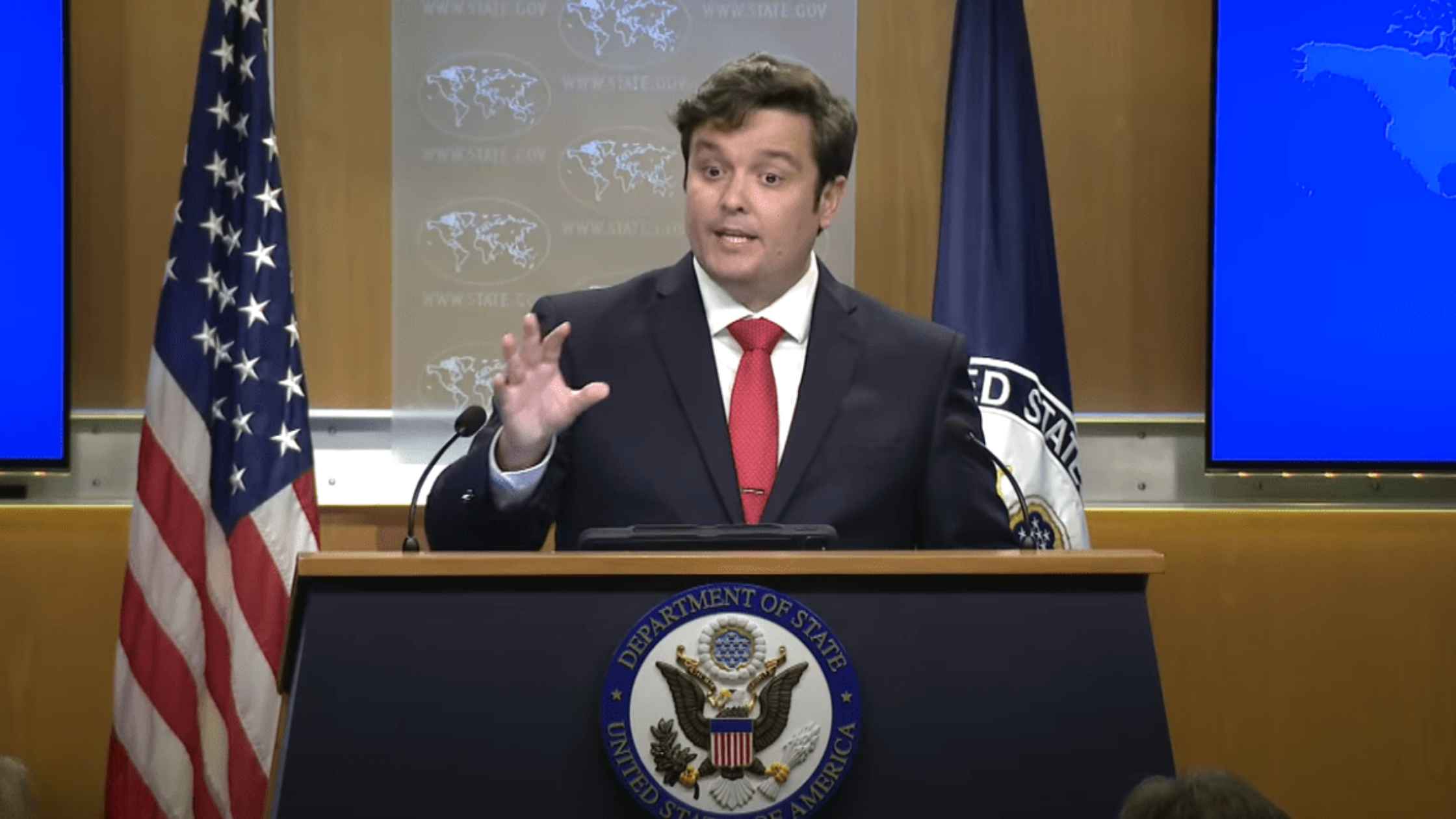
State Department Press Briefing for 7/24/25
Tommy Pigott leads the State Department briefing for 7/24/25. Read the transcript here.
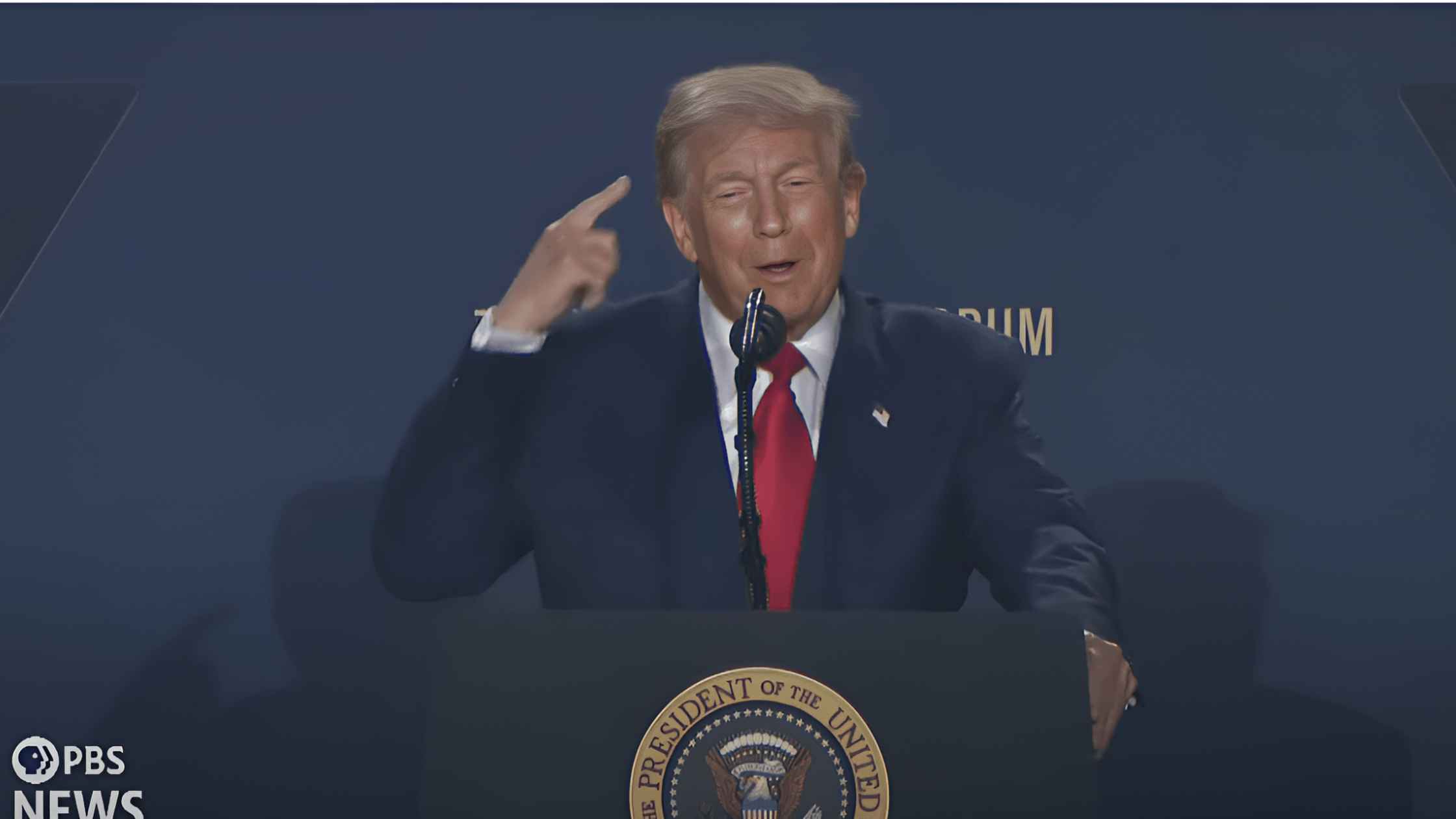
Trump AI Action Plan
Donald Trump reveals ‘AI Action Plan’ shaped by his tech supporters. Read the transcript here.
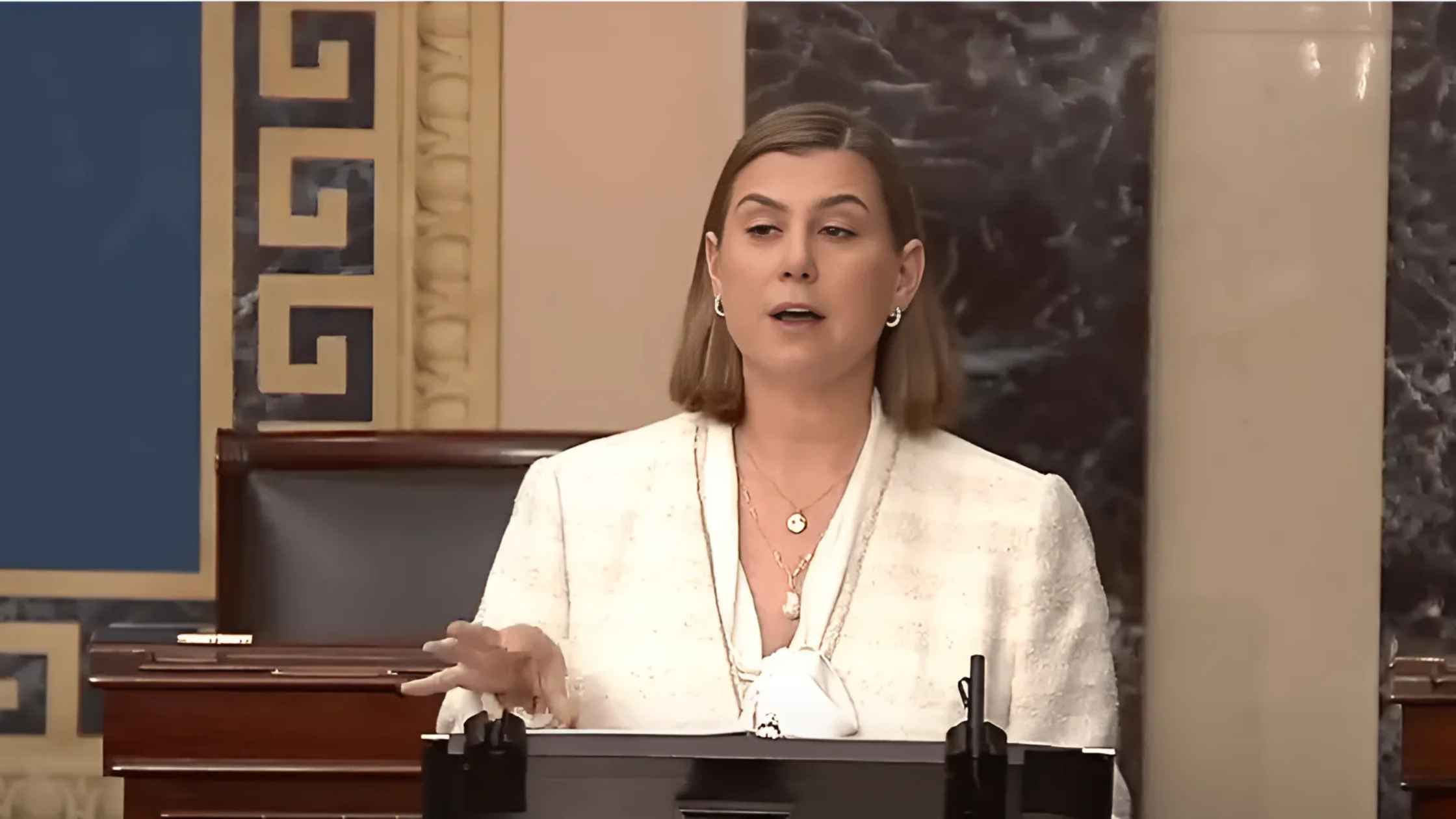
Elissa Slotkin Maiden Speech
Elissa Slotkin receives a standing ovation after delivering her Maiden Speech on the Senate floor. Read the transcript here.
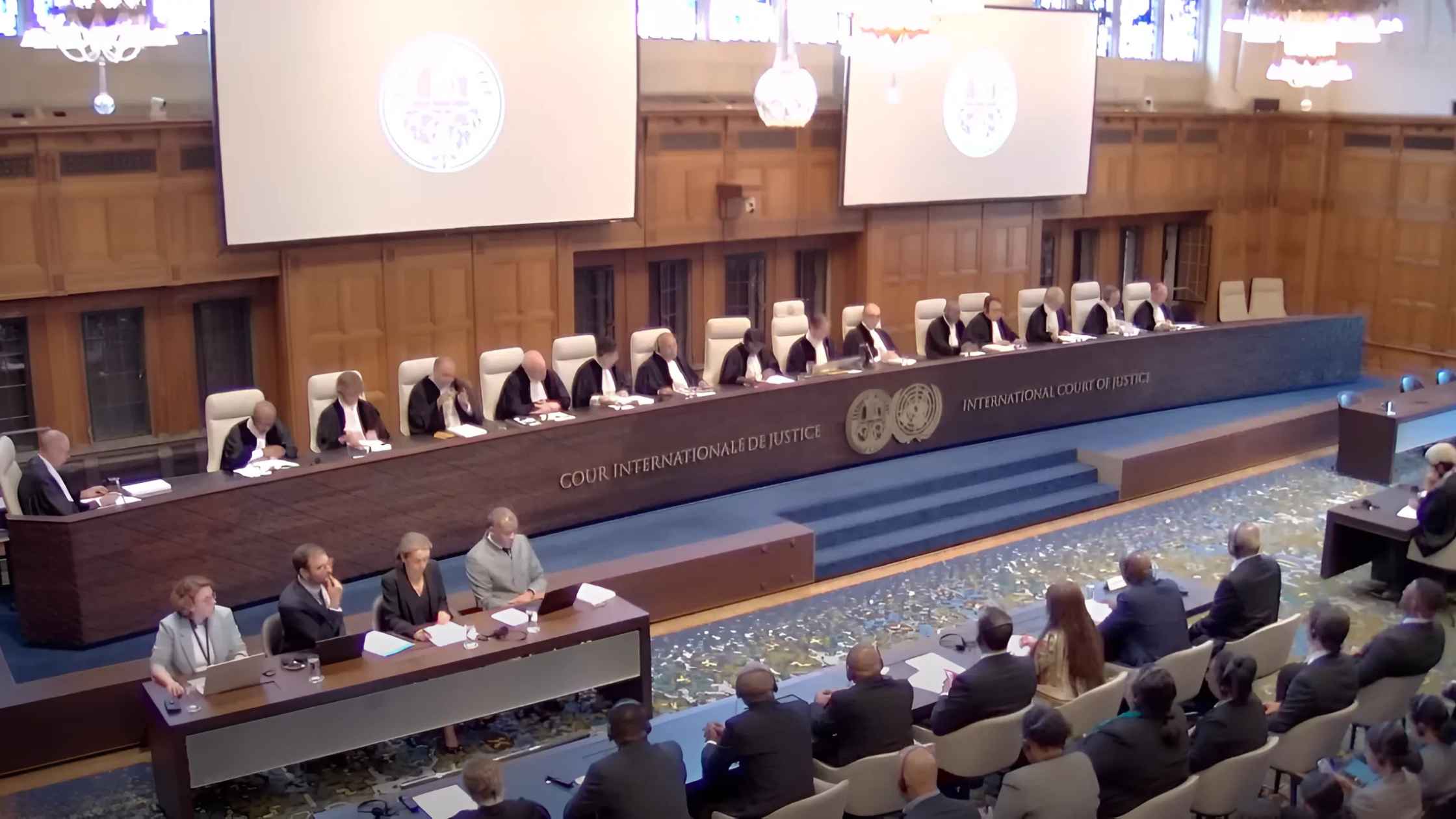
World Court Climate Change Opinion
International Court of Justice gives opinion on the obligations of states and climate change. Read the transcript here.
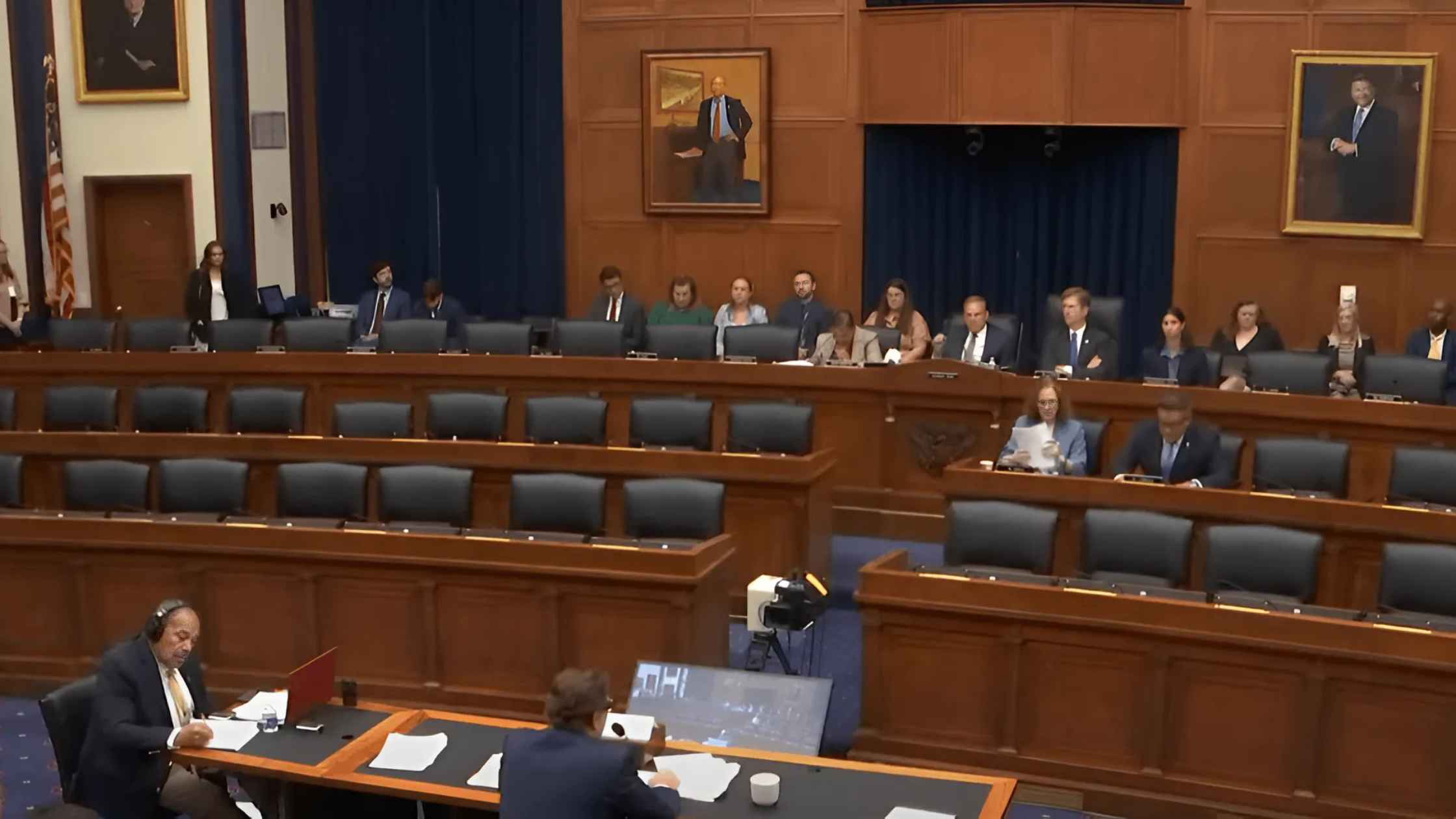
FEMA Disaster Response Hearing
The House Transportation Committee holds a hearing on examining FEMA's disaster response. Read the transcript here.
Subscribe to The Rev Blog
Sign up to get Rev content delivered straight to your inbox.

.webp)